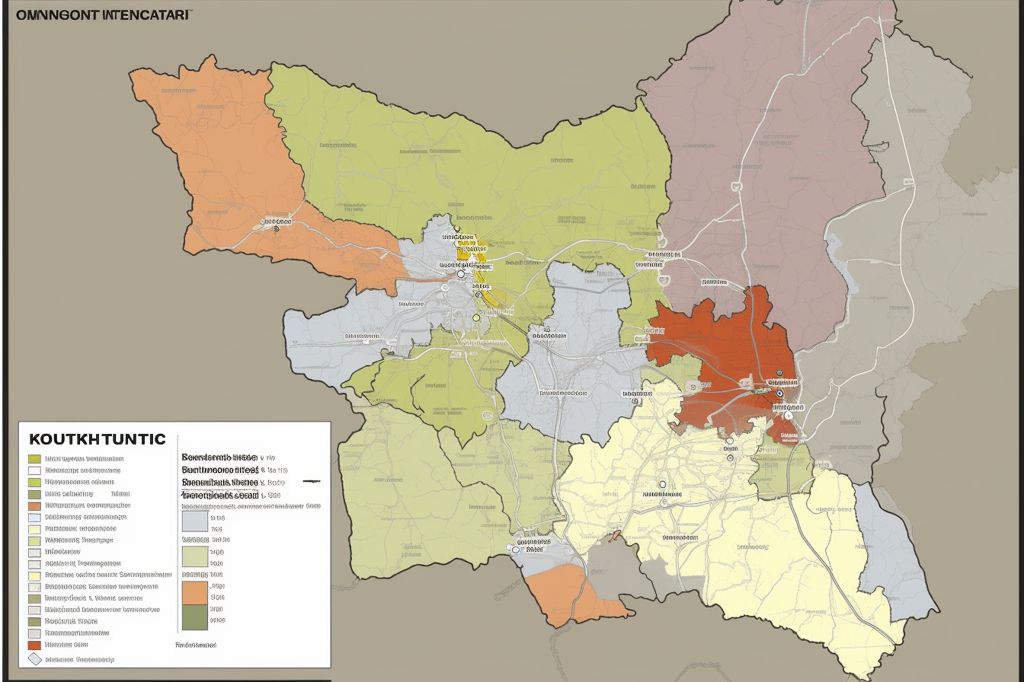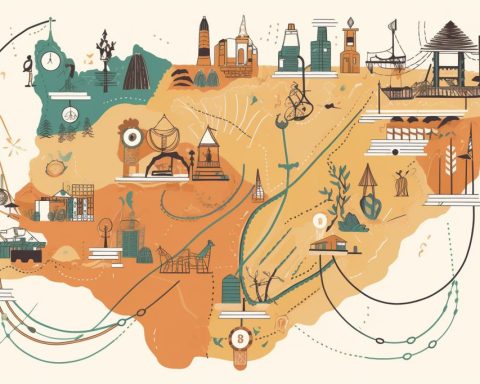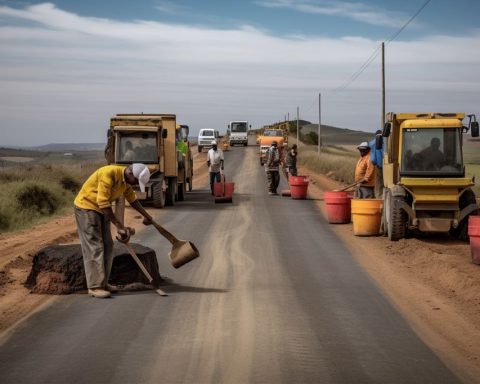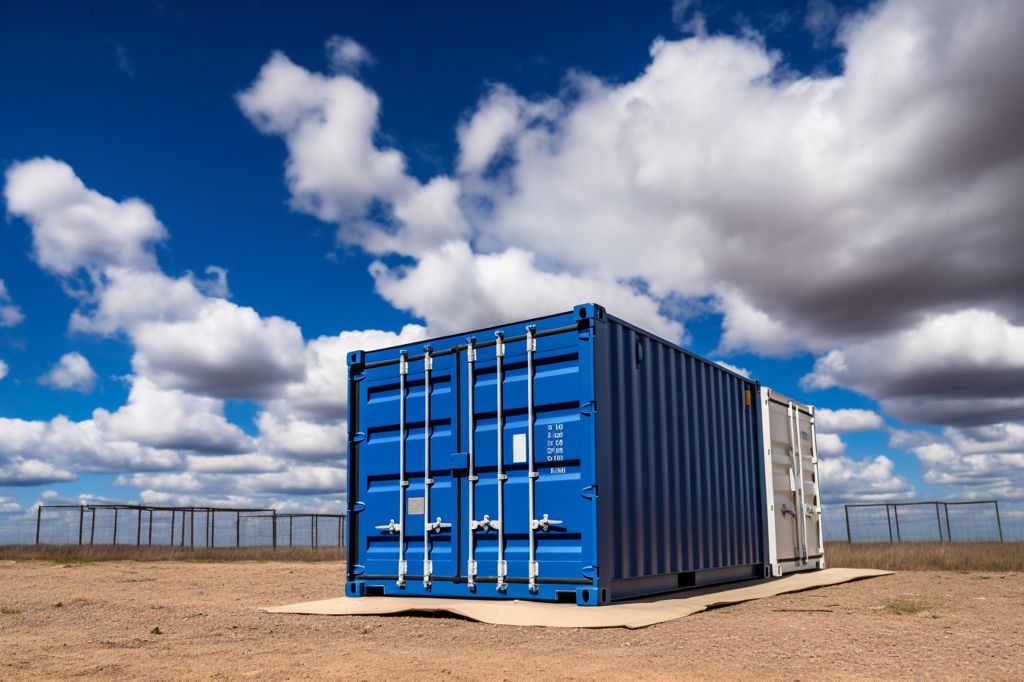Government’s District Development Model (DDM): Assessing Progress in Eastern Cape Provinces
The District Development Model (DDM) is an initiative of the South African government that aims to improve service delivery and socio-economic development by promoting coordination between different spheres of the government. The DDM has been implemented in various municipalities across the country since its launch in 2019.
Deputy President’s Visit to OR Tambo District Municipality
Deputy President Paul Mashatile visited the OR Tambo District Municipality in the Eastern Cape Province to evaluate the progress made by the DDM in the region. The visit aimed to engage with various stakeholders, including government officials, traditional leaders, business representatives, and community members.
During the visit, Mashatile provided feedback on the DDM’s implementation and highlighted the achievements made in improving service delivery, reducing crime rates, and addressing gender-based violence. Furthermore, the visit engaged with the Local Business Forum to promote partnerships between the government and the private sector, unlocking economic opportunities for the region.
Visit to Buffalo City Metropolitan Municipality
The Deputy President’s visit to the Buffalo City Metropolitan Municipality focused on engaging with business representatives, small-scale farmers, and farmworkers. The visit aimed to highlight the Ncera Macadamia Farming Initiative, which has been producing and selling macadamia nuts on the open market since 2005. The visit emphasized the importance of this initiative in promoting sustainable socio-economic development for the surrounding communities through multi-stakeholder partnerships.
Courtesy Call to Rharhabe Kingdom
The visit also included a courtesy call to the Rharhabe Kingdom, where Deputy President Mashatile engaged with Eastern Cape Traditional and Khoisan Leaders. The discussions centered around the implementation of commitments made through the Inter-Ministerial Committee on Traditional and Khoi-San Leaders.
The visit demonstrated the government’s commitment to addressing the concerns of local communities and facilitating their socio-economic development. By engaging with various stakeholders, Mashatile shed light on the achievements and challenges faced in implementing the DDM. The visit fostered open communication between the government and local communities, highlighting the importance of collaboration in achieving sustainable socio-economic development.












